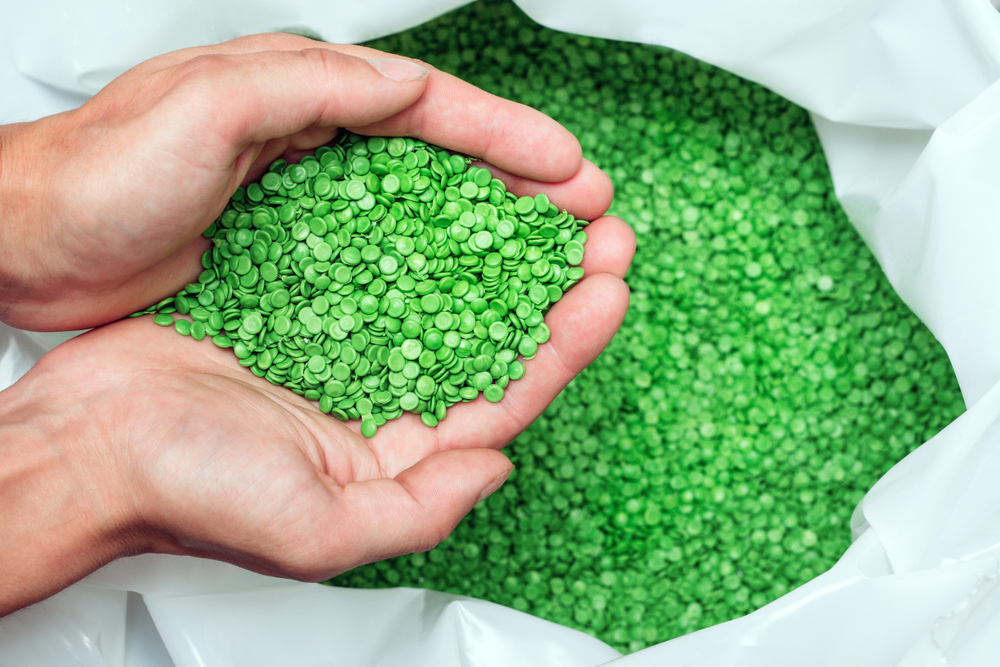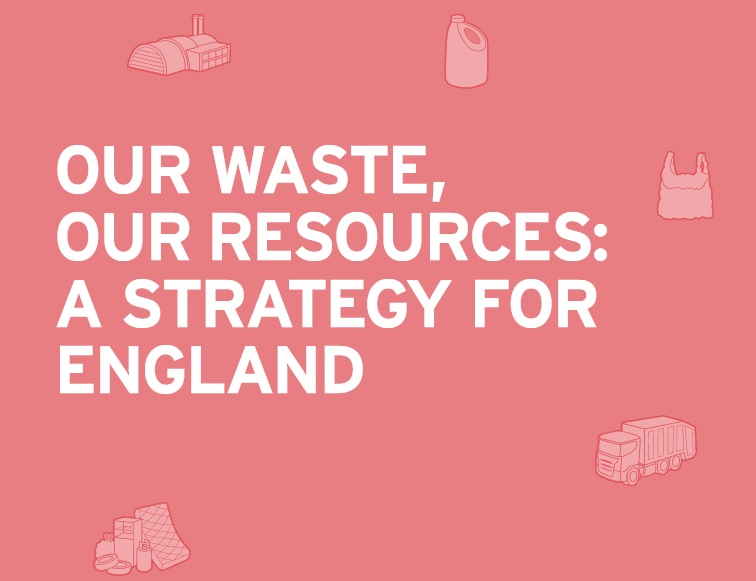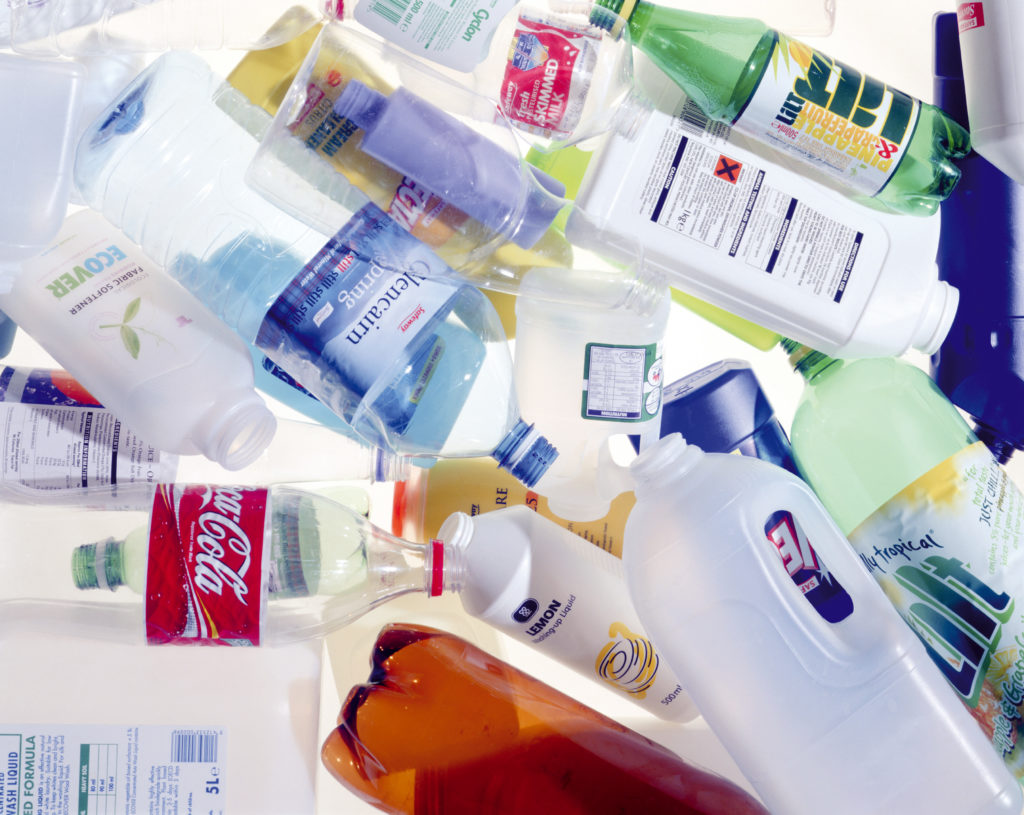Maya de Souza said such a shift would reduce the amount of land needed to grow other materials, and the best option is to keep plastic in use through recycling.

Ms de Souza was speaking at the launch of a report produced by environmental thinktank Green Alliance titled ‘Fixing the system’.
She said: “The government always recognises trade-offs, so if we shift to bioplastics, we lose a lot of land space to grow materials.
“It’s still a difficult question whether that’s the right thing to do. It may be necessary at some point, but as long as it’s being recycled it is reducing greenhouse gas emissions. It’s all about taking onboard the trade-offs.”
According to Green Alliance’s report, contamination with PLA – the most common compostable plastic – can cause cosmetic and structural problems to PET plastic products containing recycled content. This is the case even at concentrations of just 0.1%, the report said.
This would render the finished product unusable for many applications.
And, the report says it it is hard for composters and AD operators to distinguish between PET and PLA, which means most plastics are removed from organic waste and sent to landfill or incineration to avoid contamination.
Compost contaminated with conventional plastic risks chemicals leaching into soil, and the Environment Agency suggests the acceptable level of plastic in compost needs to be lowered considerably, from 5% to 0.5%.
Strategy
Ms de Souza later added that the government was looking to address problems associated with all materials, rather than focusing solely on plastic.

She said: “In our policy on extended producer responsibility for packaging we are looking at packaging as a whole, so it’s not really about just looking at plastics and not looking at other materials.
“That’s the idea; we’re taking onboard a whole section of different materials and that’s very much part of the strategy.”
Fixing the system
Green Alliance’s report proposes a more systematic and holistic approach to tackling the impacts of all resources, rather than single-use plastic alone.
Written by Libby Peake, Jonathan Riston and Imogen Cripps, the report reads: “We must learn the lessons of the past and avoid simply replacing our current environmental problems with different harms down the line.
“Rather than piecemeal substitution, that requires an overarching focus on reduction: reduction in the overall levels of material use, in lifecycle impacts and in the damage that different materials can cause.”
Also speaking on the same panel as Ms de Souza were Ms Peake, founding director of the Thomas.Matthews design agency Sophie Thomas, environment manager at Waitrose Ben Thomas and MBA programme director at Birkbeck and Central Saint Martins Dr Pamela Yeow.










Subscribe for free